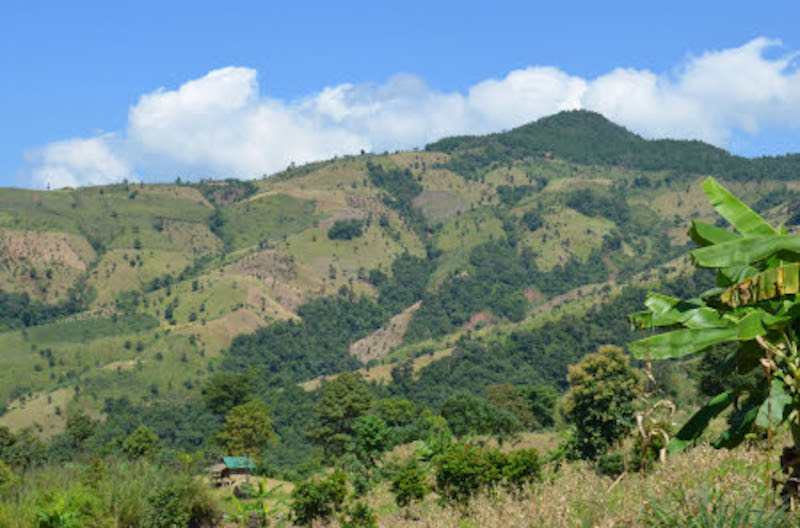Tropical carbon loss has doubled over the past two decades due to excessive forest removal in the tropics, a new study has found.
The tropics are an important ecosystem as they store massive amounts of carbon in their woody vegetation and soil — but they have suffered from extensive forest clearance since 2001.
University of Hong Kong researchers analysed the gross forest carbon loss associated with forest removal in the tropics between 23.5° north and 23.5 south (but excluding northern Australia) during the 21st century.
They revealed a doubling of gross tropical forest carbon loss worldwide from 0.97 gigatonnes of carbon per year in 2001–2005 to 1.99 gigatonnes of carbon per year in 2015–2019 due to rapid forest loss.
The study has been published in the academic journal Nature Sustainability.
Given the key role of the tropics in the carbon cycle, the study poses serious implications.
“The findings are critical because they suggest that existing strategies to reduce forest loss are questionable,” Ji Chen, a professor of civil engineering at HKU.
Deforestation Trends
“This failure underscores the importance of monitoring deforestation trends following one of the new pledges made — to halt and reverse deforestation — at COP26 in Glasgow in November 2021”, he added.
Tropical forests are the largest terrestrial component of the global carbon cycle, storing about 250 gigatonnes of biomass carbon in its woody vegetation and absorbing about 70 gigatonnes of atmospheric carbon per year through photosynthesis.
The rapid and steady loss of forests could be devastating because it leads to the loss of stored carbon in biomass and soil. Deforestation also obstructs carbon sequestration or the process of capturing and retaining carbon dioxide.
Most of the tropical forest carbon loss (82%) was set off by agricultural expansion, for example shifting cultivation.
“While some agricultural lands may reappear as forested due to abandonment or policies, we still observed about 70% of former forest lands converted to agriculture in 2001–2019 remained so in 2020, research team member Zeng Zhenzhong said.
“That confirms a dominant role of agriculture in long-term pan-tropical carbon reductions on formerly forested landscapes,” added Zeng, an associate professor at Southern University of Science and Technology in Shenzhen.
- George Russell
READ MORE:
AWS to Share Carbon Data as Tech Giants Green the Cloud – WSJ
Chinese Tech Giants Chase Carbon Neutrality Goals – Xinhua
Chinese Tech Giant Tencent Pledges Carbon Neutrality by 2030
























